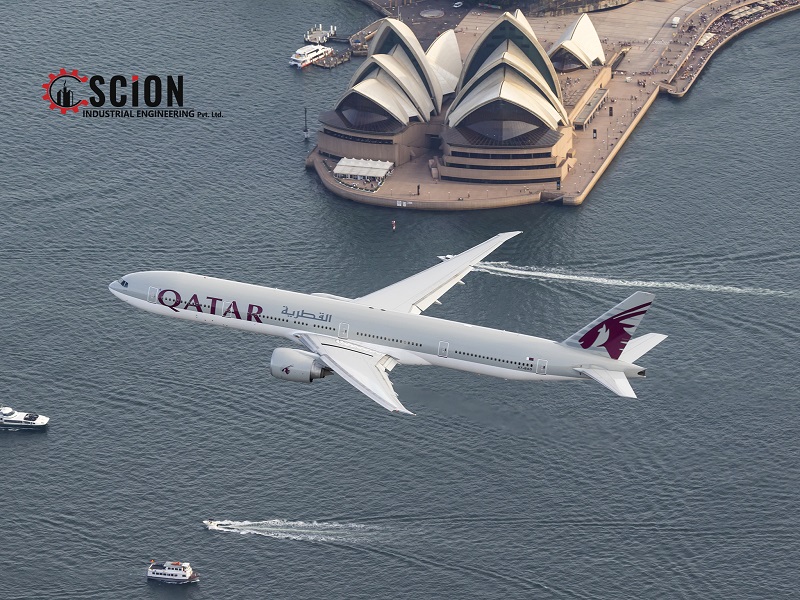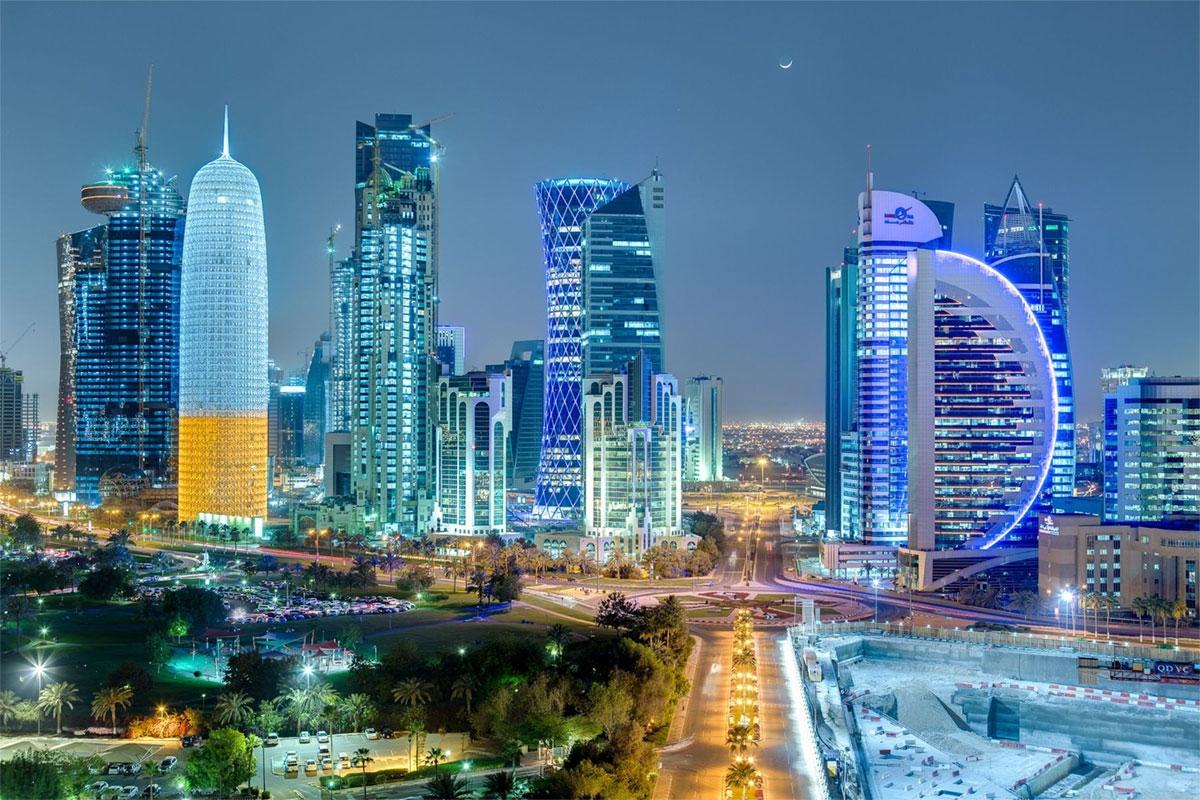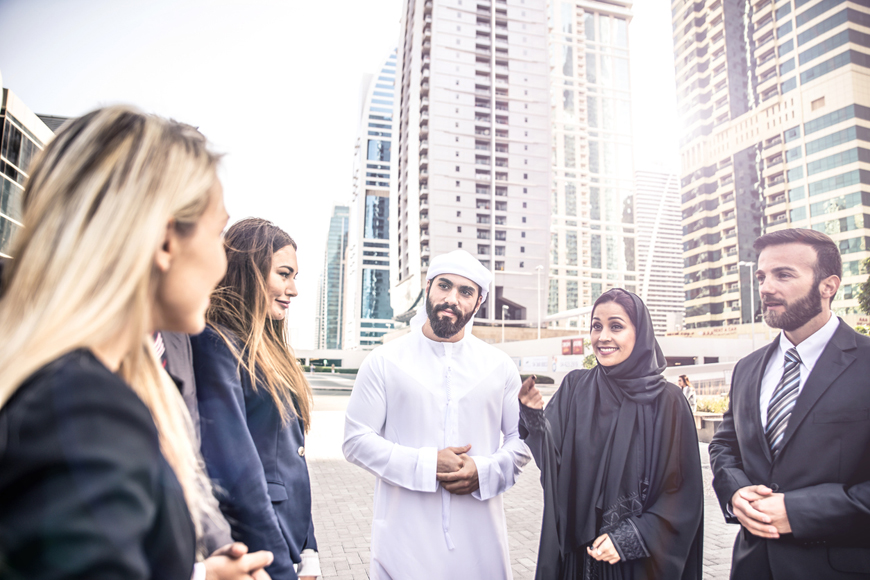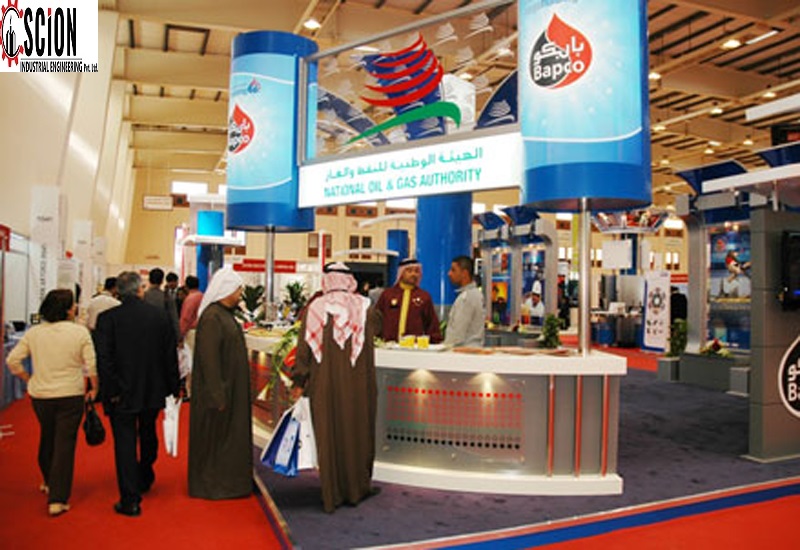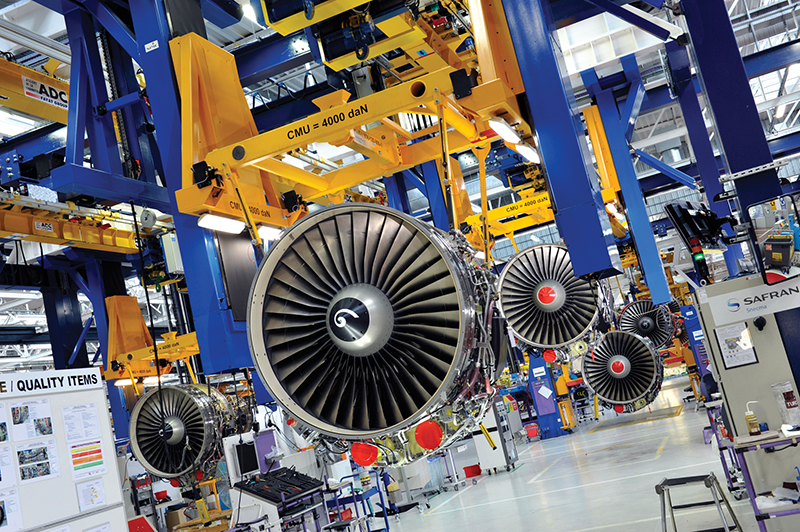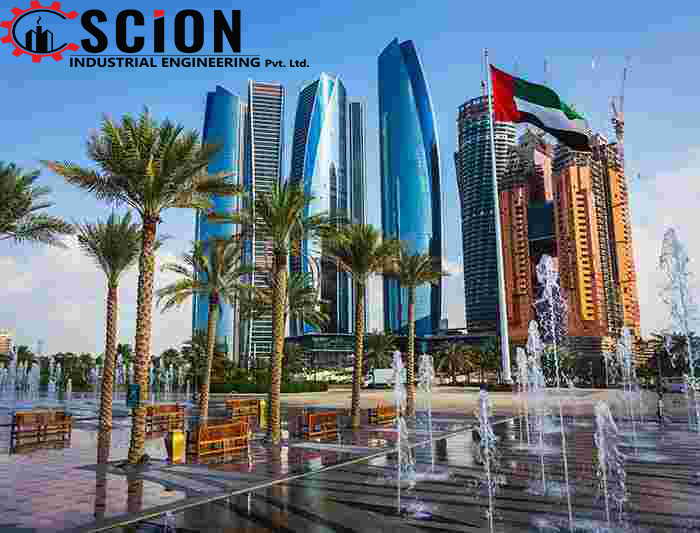Following announcements of 13 international hotels opening in Saudi Arabia’s mega-project The Red Sea, a new futuristic resort has been announced to open in 2024. The Sheybarah Resort is a ‘hyper-luxury’ hotel located in Sheybarah Island, designed by Dubai-based architectural firm Killa Design.
The first batch of 73 prefabricated villas was delivered at the Red Sea project site, John Pagano, CEO of Red Sea Global revealed.
“Welcoming the future of tourism to #SaudiArabia. Designed by @killadesign, built off-site by Grankraft, and transported from the UAE to Saudi Arabia by @MammoetGlobal, these space-age orbs are the first batch of 73 overwater villas for our iconic Sheybarah resort at #TheRedSea” the tweet said.
The goal of the project is to preserve and enhance biodiversity in the habitat, which is home to dense mangroves, desert flora, coral flats, sea grass, coral reefs and an array of species of birds, fish and marine animals.
Alongside bio-preservation, the luxury resort aims to attract visitors from around the world and rebrand the Kingdom as a marine eco-tourism destination.
To minimise environmental footprint, the resort was designed in a way where the ‘pods’ are cantilevered above the coral reefs with minimal ground impact at the base of the supporting column.
The pod being aerially placed seems to “defy gravity and suspends the guest directly above and within the beauty of an untouched marine eco-system,” this results in an observational platform for visitors to observe the species that live in the area.
The project is powered by a central solar farm, the water supplied is also from a solar powered desalination plant.
The way guests have to commute to the location is through a seaplane, from the arrival pier they will be shuttled by driverless buggies to the inner lagoon.
Features at the futuristic luxury resort includes a spa, pool, fitness facility, sports courts, diving and snorkelling centre, a boardwalk and more.
The pods are uniquely designed with highly reflective stainless-steel exteriors polished to a mirror finish. “These reflective orbs float, almost imperceptible, reflecting the colours and surface patterns of the ocean, the intense colours of the sky as they change throughout the day,” the website describes. The reflective design not only offers visual appeal but has 100 percent energy performance due to its reflections of solar grain.
Interiors of the pods are inspired by a luxury yacht design with panoramic views, sliding doors that open to a deck, a seating area and an infinity pool.
Killa Design is also behind some iconic projects in Dubai including the Museum of the Future, Address Beach Resort, Office of the Future, City Walk and more.
Source:https://www.arabianbusiness.com/industries/travel-hospitality/revealed-saudis-red-sea-floating-pod-hotel

